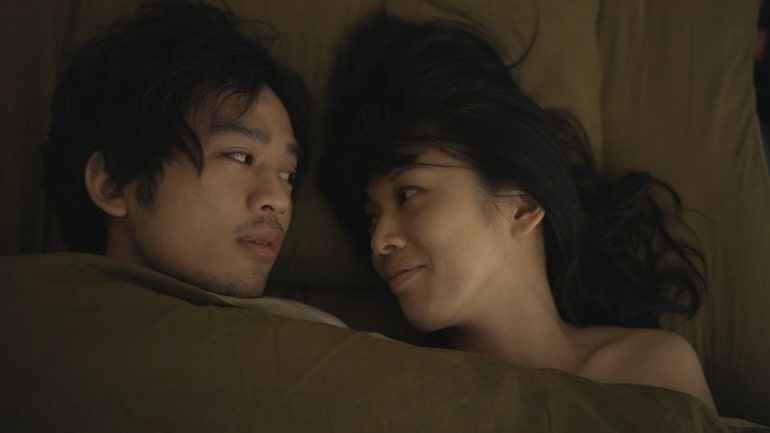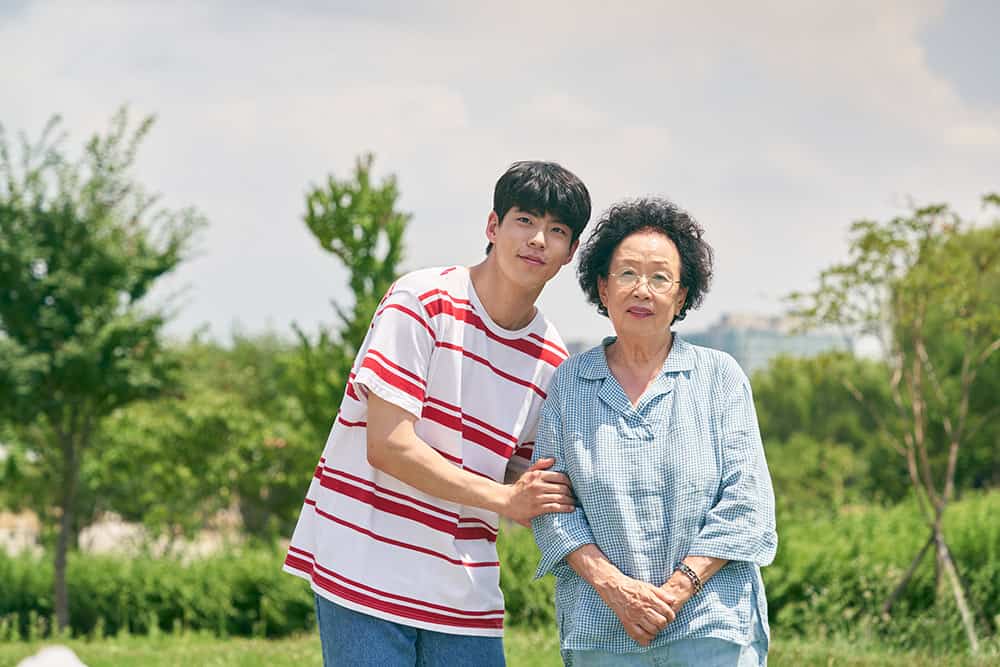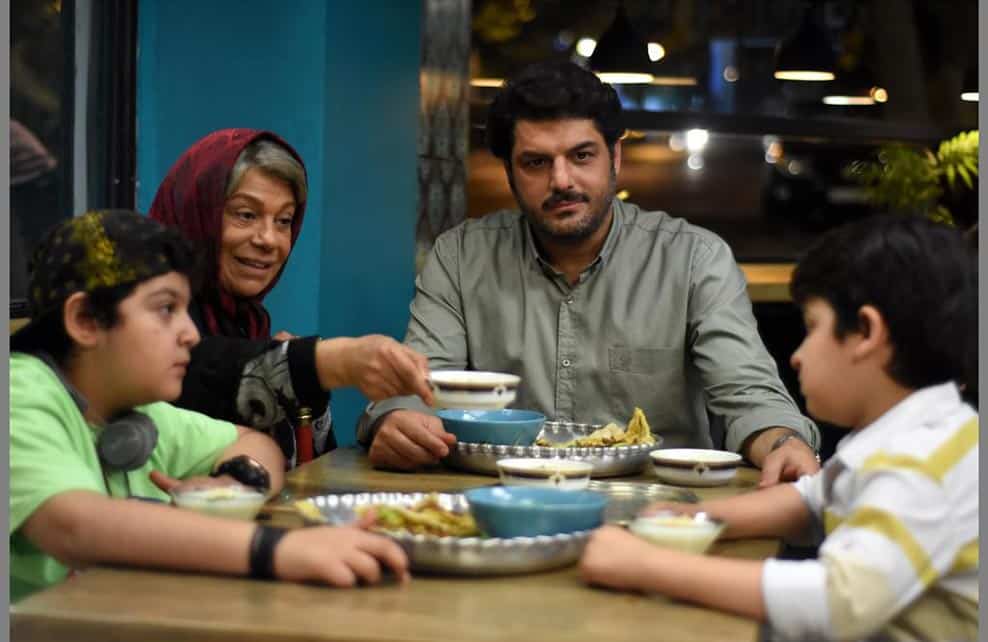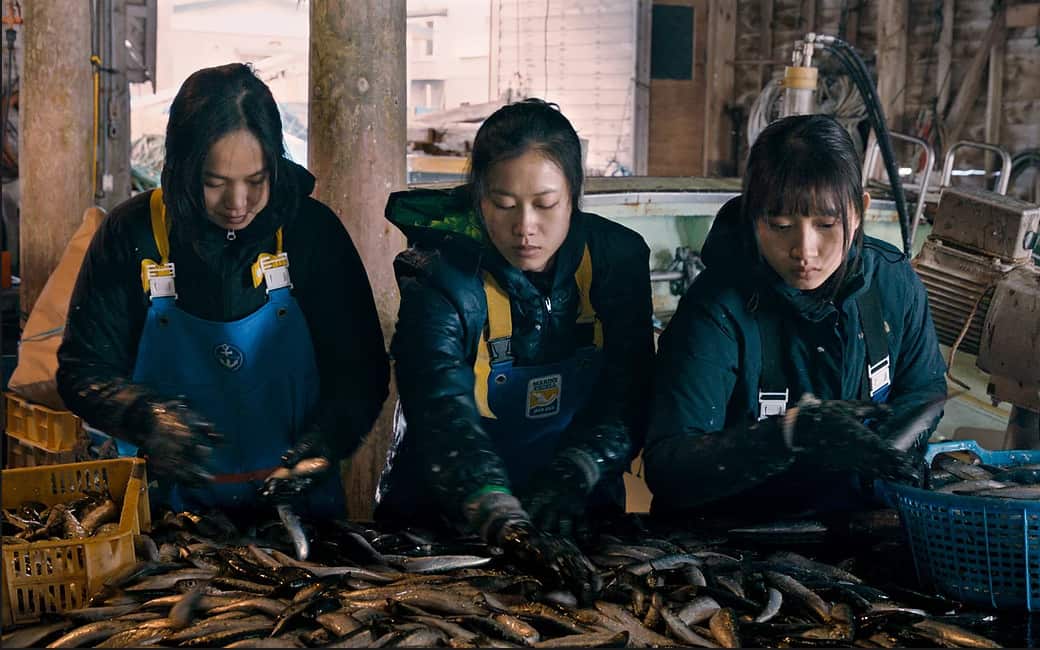In a way, making movies may be a kind of wish-fulfillment for some people, those involved in the process and the viewer. While art can be a way to figure out certain issues and learn about them, perhaps one of the most simple truths about certain films, and their success as well, can be that they show us a solution to a problem we wish we could come up with in real life, a truth which may hold well in the story told on screen but which does not belong to real life. This kind of issue is at the hearts of features such as “Tokyo Flower” by director Hikaru Horii, a tale which is at the same time dedicated to this concept while it also presents its most significant problem.
Tokyo Flower is screening at Japan Filmfest Hamburg

Tanako (Chisa Hasegawa) has moved to Tokyo a long time ago, aiming for a career in the field of acting, preferably in movies. In order to make ends meet, she also works as an escort girl at night, which sometimes makes concentrating on the acting assignments quite difficult. During the group's various discussions about their drama teacher and his style of teaching, she gets to know one of her fellow students a little better, and, following exchanges about their lives and movies, results in them having sex. As he has very little money of his own, he moves in with Tanako eventually, and spends most of the time telling her about his favorite books and movies, and, of course, having sex with her.
However, as the end of the semester approaches, Tanako has to come up with a decision whether she wants to pursue her dream further or give up due to the financial burden which has become quite troublesome. At the same time, a truth about her relationship with her co-student comes to the surface.
Since the script for “Tokyo Flower” was also written by Chisa Hasegawa, there is a distinct level of authenticity to the story. Combined with the usual aesthetics of a Japanese indie, the overall approach in terms of storytelling and visuals seems to follow a semi-documentary fashion, by concentrating on the main character's life and her daily routine. The acting assignments, the rehearsals, and the exchanges between the students feel quite authentic, which can also be said for the aspects of Tanako's other job, as well as the struggles she is facing. Additionally, Chisa Hasegawa also gives a believable performance as a woman who is about to be confronted with some rather uncomfortable truths in her life.
While the foundation seems good enough, “Tokyo Flower” fails to engage the viewer in the issues of the main character and the themes of the story. This is due to a number of aspects, but mostly the kind of lackluster presentation, resulting in a collage of tedious conversations about trivial matters and some of the dialogues being downright stupid, problematic or nonsensical (“You are an artist, so working is a waste of time”; “She is usually egghead”). While some of it can be attributed to the frankly shitty subtitles, the sheer multitude of these issues cannot be explained that way. It also does not help that the numerous sex scenes between the two main characters are about as attractive as watching paint dry and their kisses sounding like cats having lunch. At the same time, especially the latter bit just might be the most entertaining feature in this overall tiresome film.
In the end, “Tokyo Flower” follows the logic of the Japanese indie, thus becoming a caricature of it. Even though its foundation is solid, its lackluster execution, tedious dialogues and boring characters make the 68 minutes of running time seem three times as long.
















